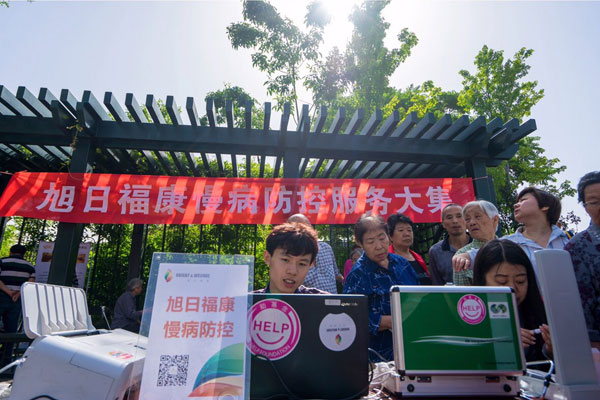Medical research continues to reveal promising ways to treat complex conditions using regenerative techniques. SunMoon Stem Cells provides a reliable source of stem cells that support both clinical studies and patient-focused therapies. Their products are prepared under strict safety standards, enabling healthcare professionals to examine how stem cells may contribute to recovery and tissue repair. This approach offers a foundation for ongoing research in modern medicine.
Modulating Autoimmune Disorders
Autoimmune diseases, including rheumatoid arthritis, lupus, and multiple sclerosis, are challenging for conventional treatments. In recent studies, mesenchymal stem cells have demonstrated the ability to modulate immune responses, reducing inflammation and helping manage symptoms. By supporting immune system regulation, MSCs offer potential benefits for long-term disease management. The MSCs provided by SunMoon Stem Cells are suitable for research purposes and clinical applications, giving scientists and doctors a tool to explore new therapeutic strategies.
Promoting Tissue Regeneration
Beyond immune modulation, regenerative medicine has focused on repairing damaged tissues. Research indicates that mesenchymal stem cells can contribute to the regeneration of bone, cartilage, and cardiac tissue. Their capacity to stimulate cell growth and integrate into damaged areas makes them valuable for treating injuries and degenerative conditions. With products from SunMoon Stem Cells, clinicians and researchers can safely test regenerative therapies while ensuring quality and reliability.
Conclusion: Advancing Clinical Options
While the full potential of mesenchymal stem cells continues to be studied, their role in immune modulation and tissue repair is increasingly evident. By providing reliable MSCs, SunMoon Stem Cells supports ongoing research and clinical applications. These advances may offer patients alternative approaches for diseases that have previously had limited treatment options, opening new possibilities for the future of regenerative medicine.


